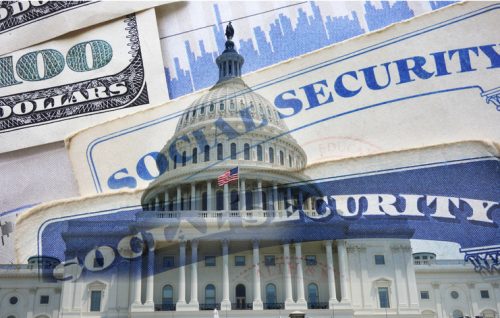
This research provides an overview of the special minimum benefit, an alternative Social Security formula that was initially passed by Congress in 1972 to set a benefit “floor” and protect workers from experiencing severe poverty in retirement. To be eligible, workers must have a record of 11 years or more of covered employment and must not be qualified for another Social Security benefit of a higher value.
Over time, indexing of the special minimum benefit formula, combined with economic changes has made the policy ineffective at reducing poverty as intended. Because the indexing was based on prices instead of wages, participation in the program has diminished. Soon no new retirees will qualify for the benefit.
This research indicates that fixing the minimum benefit would help to reduce financial insecurity among seniors by providing adequate benefits for workers with lifetime low income who may not otherwise be able to continue employment past the standard retirement age.
Related Research and Analysis


Social Security at 90: A Bipartisan Roadmap for the Program’s Future
The National Academy of Social Insurance, AARP, the National Institute on Retirement Security, and the U.S. Chamber of Commerce have released a new report detailing American’s views of retirement, Social Security at 90: A Bipartisan Roadmap for the Program’s Future.

Social Security’s First 90 Years: A History of Bipartisan and Intergenerational Support
As Social Security approaches its 90th anniversary, a new report from the National Institute on Retirement Security finds that public support remains strong for Social Security, and Americans become more confident in Social Security as they age.

Views of Retirement in America by Political Party Affiliation
Despite deep polarization across the U.S., a research brief from the National Institute on Retirement Security finds common ground when it comes to Americans’ support for Social Security and defined benefit pension plans. At the same time, Views of Retirement in America by Political Party Affiliation finds Americans across party lines are worried about retirement. […]

